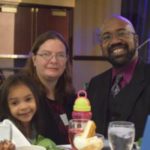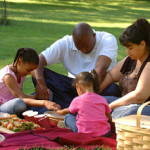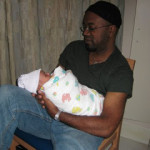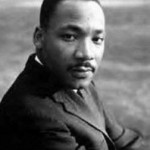This post is for all my friends who studied the Humanities.
If I could teach a college course, I think it would be fun to teach a course on epic poetry. It would probably be similar to a world mythology course, but for the final paper the student would have to choose an epic poem for the United States, and defend that choice based upon U.S. history, American values, and what we have learned about epic poems over the course of the semester.
When I took my first Humanities course at Diablo Valley College, I was told, or left with the impression, that the U.S.A was too young to have an epic, that we were still in our fokelore stage. But recently, I obtained a copy of Songs of Flying Dragons, the Korean epic. Although most, if not all, Asian cultures have a rich history, not only older than the United States, but as old or older than Western Europe, the Songs of Flying Dragons came together rather quickly. In 1392, “General Yi Song-gye ascended the Korean throne as the first monarch of the Yi dynasty.” Then, from 1445-1447, the cantos of the Songs of Flying Dragons were composed “to celebrate the founding of the Yi dynasty.” The poems are “the first expedrimental use in verse of the Korean alphabet, invented in 1443-1444.” If the Koreans created an epic in that short amount of time, I think the United States should have one by now.
Although I will not give a full defense of my choice, here are some of my criteria.
- The hero has to be a cowboy. To me this is the proto American hero, that is built upon much of our folklore. The founding fathers are almost too highly regarded to be the hero of the everyman.
- The work has to take into account the multiple races that make up the United States, Blacks, Mexicans, and Native Americans in particular, in addition to varied European immigrants.
- The work should be a tragedy for the Blacks and Native Americans.
- Because most epics were constructed to be performed, not merely read, the United States epic must not only exist in book form.
My choice is Lonesome Dove by Larry McMurtry.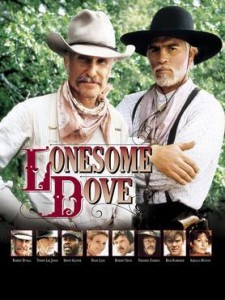
Quotes from Lee, P. (1975). Songs of Flying Dragons: A Critical Reading. Cambridge: Harvard University Press.

